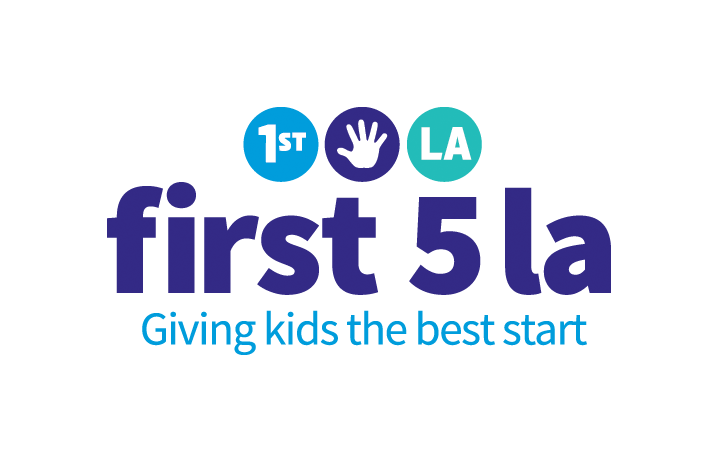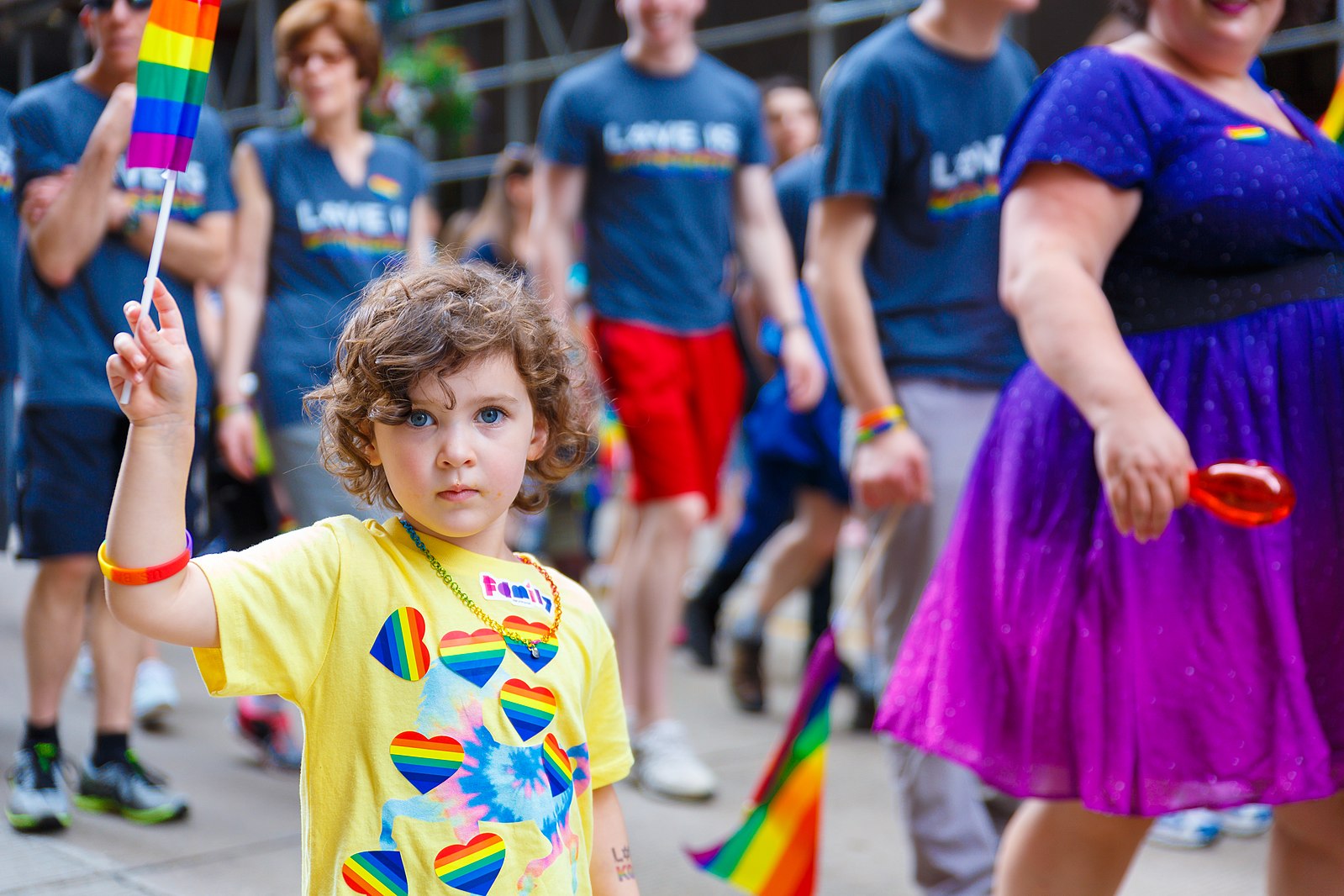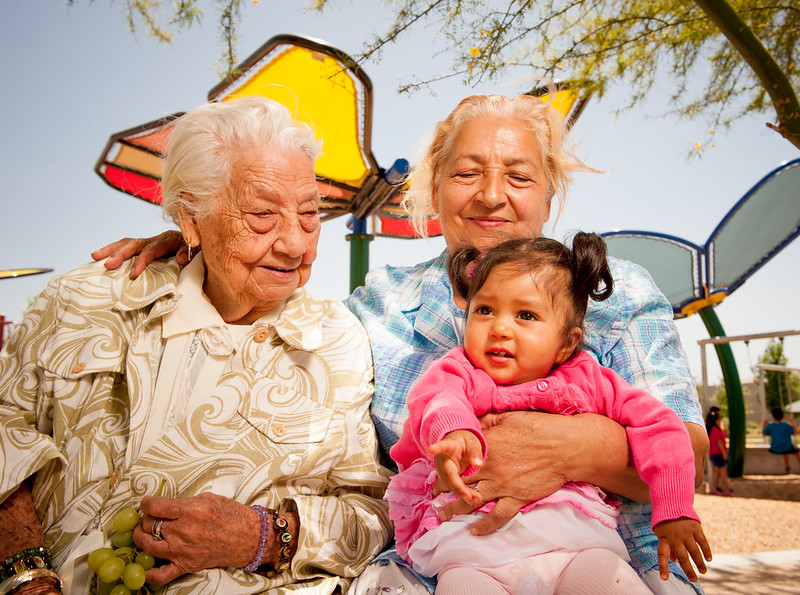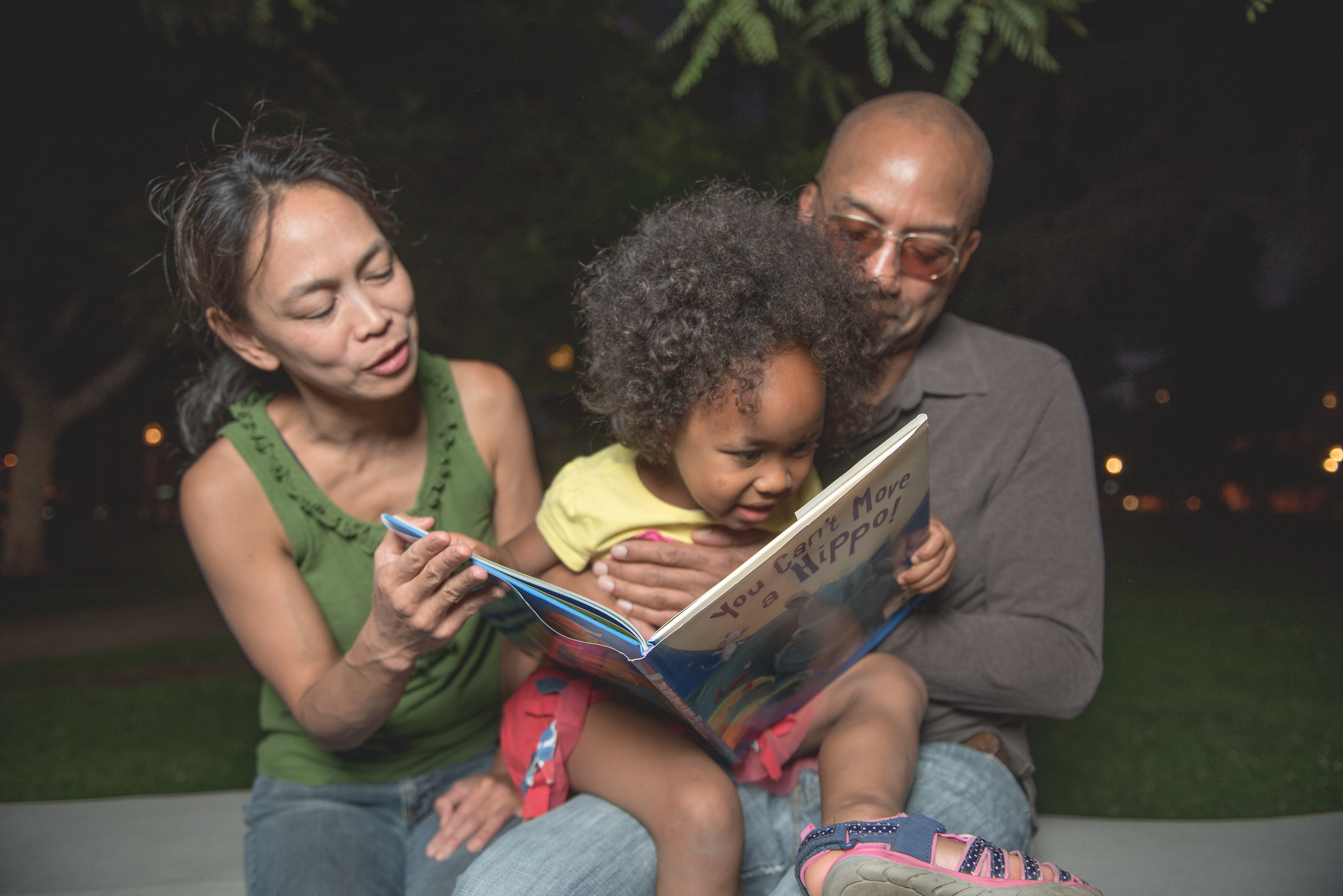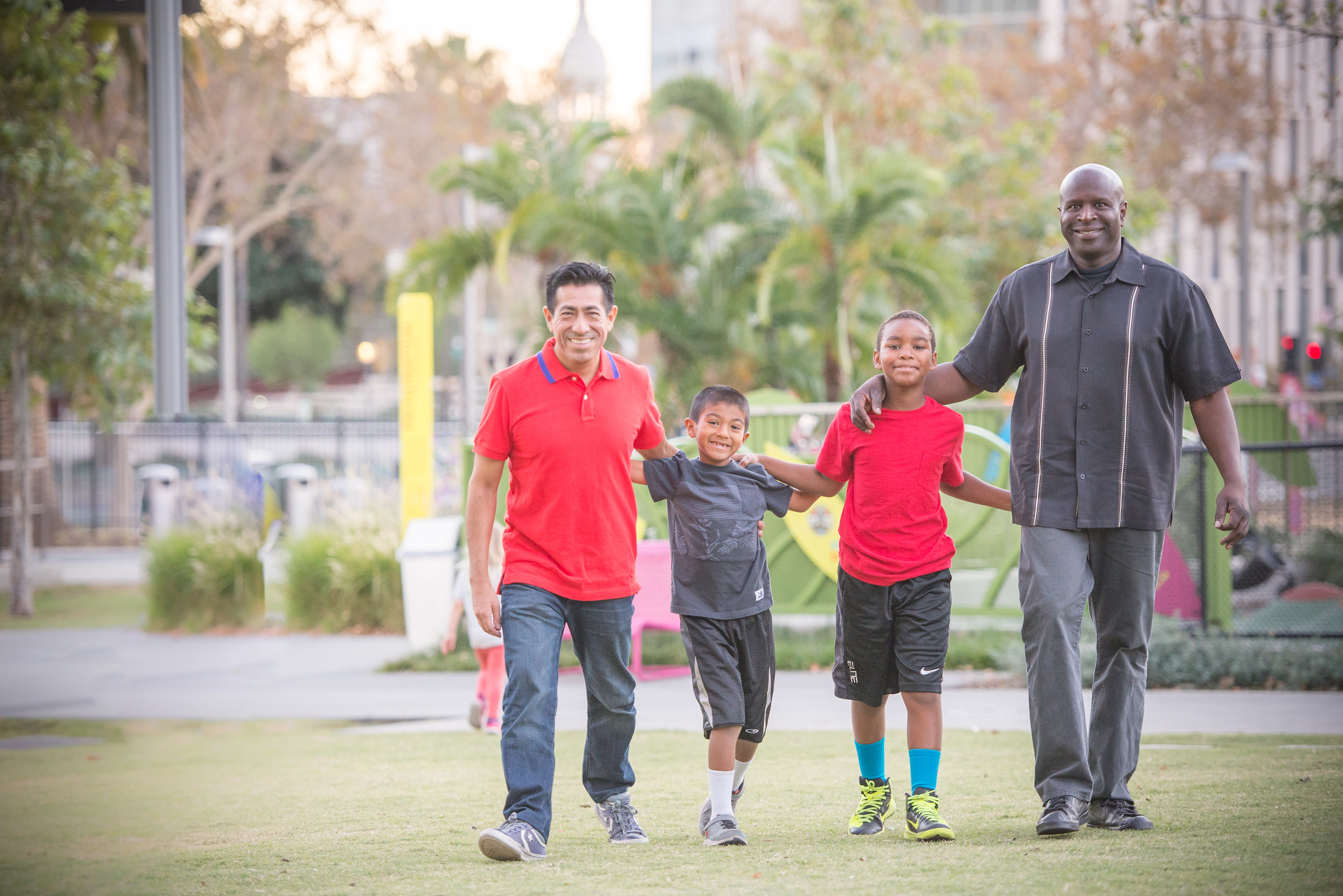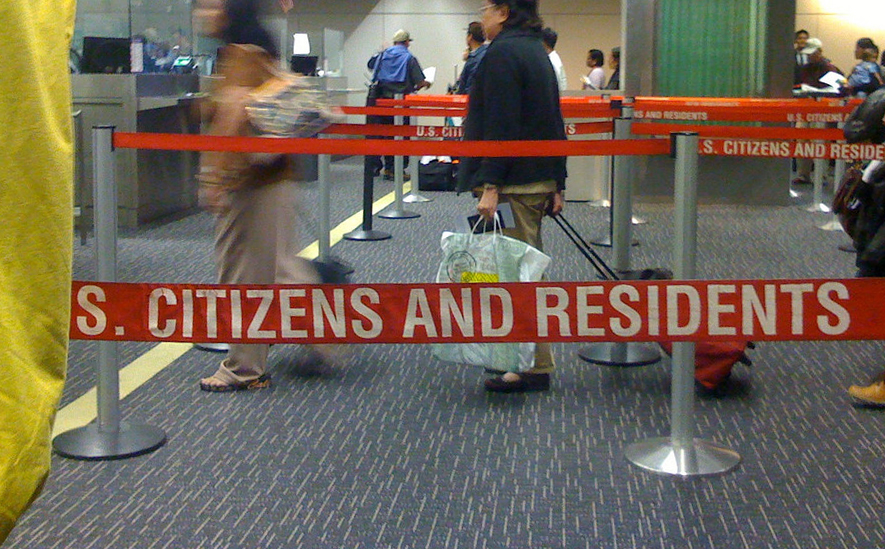Watch and Learn about Stereotyping
Television, movies and video games all make a big impression on children. Informing both the way they see the world and themselves, the media kids consume can affect their views on race, gender, and religion. As a parent, it is important to explain and contextualize upsetting concepts like stereotyping and racism that your child may encounter. These conversations are not easy to have, but TV shows and movies can be excellent starting points.
Start pointing out examples of stereotyping and racism in entertainment to your child when they appear. Explain how portrayals of people based on generalizations about race, gender, etc. are harmful because they limit how we see members of that group of people. They cease to be individuals, which takes away everything that makes them special and real. Ask your child how boys are portrayed in their shows? What about girls? Together, come up with examples of people, both in real life and in entertainment, that don’t fit these stereotypes.
Stereotypes and racism in the media, just as in real life, aren’t always easy to spotspot. While the “Injuns” of Peter Pan or the minstrel-show crows in Dumbo are now unacceptable, stereotypical gender and racial characteristics continue to exist in kids’ entertainment. A Common Sense Media study showed that these subtle stereotypes become so ingrained that they can affect kids’ self-worth, career choices and relationships. Clearly, what children watch makes a big impression on them. However, having conversations about what they watch will lead to lasting values.
Some children’s entertainment tackles these issues head-on. For all family members, the CNN/Sesame Street Town Hall special addressing racism — Together: Standing Up To Racism — is a must-see: Watch the entire CNN/Sesame Street racism town hall.
